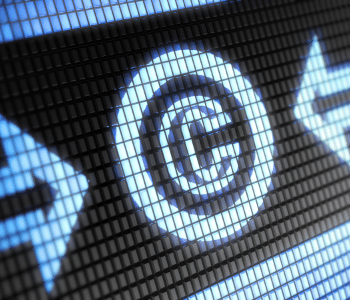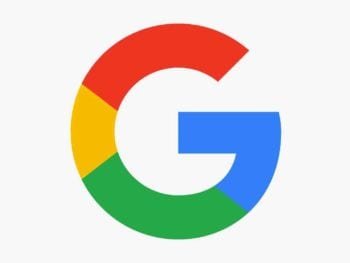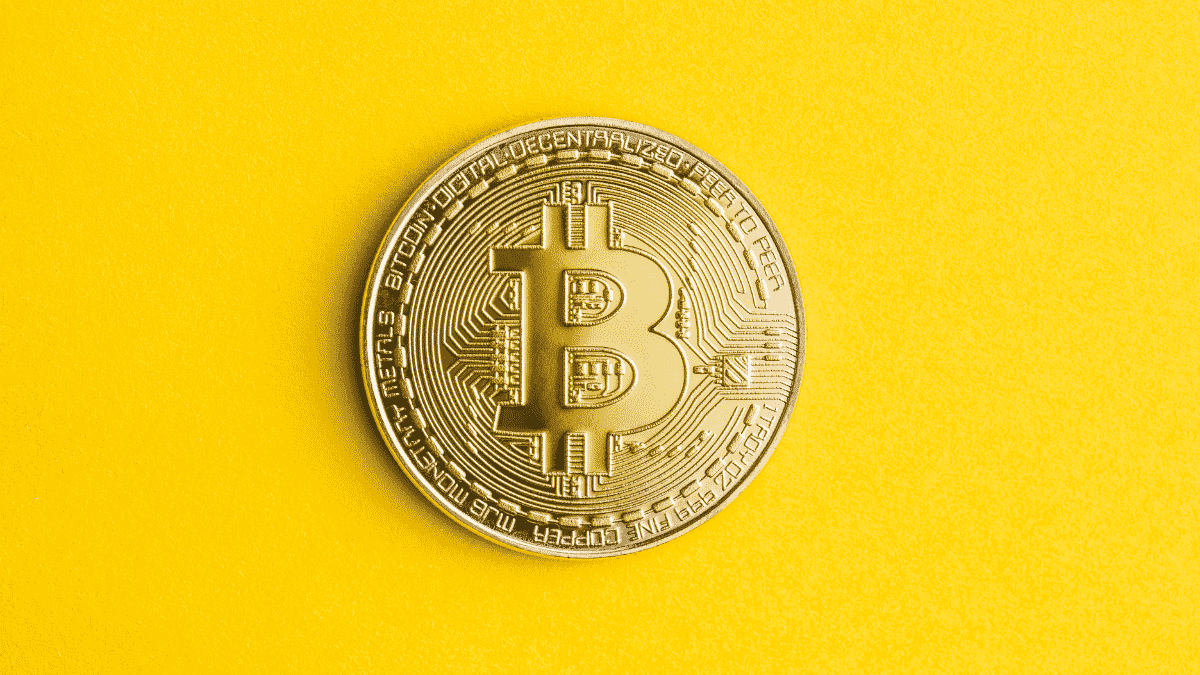Why Blockchain Won’t Solve Copyright’s Problems

On the surface, blockchain sounds like a perfect tool for helping with copyright issues. It can, theoretically, provide a distributed, publicly accessible database that can carry records about when a work was created, what the work was, who created it, information about rights transfers, licenses and much more.
The nature of blockchain is what has made it so popular in the world of finance, where the technology powers cryptocurrencies such as Bitcoin and Ethereum. The ability to verify actions and transactions in an otherwise trust-free environment shows a lot of promise for certain things.
However, despite the promises of many, many many articles online, copyright is not one of them.
As tempting as it is to want to apply a new technology to every existing problem, blockchain is ultimately a poor fit for copyright, especially in the modern world. Not only are the solutions on offer not relevant to the major problems facing copyright today, but the problems it may be able to address can be easily solved through other means.
In short, with copyright, blockchain is a solution looking for a problem and this one is not a particularly good fit.
Copyright’s Problem, Blockchain’s Solution

What blockchain is best at is record keeping and record access. The distributed and verified database makes it easy to add things to it and then for others to verify when that content was added. This works well with financial transactions as it can record transfers of cryptocurrency and verify those transfers without a corporate or governmental authority in between.
However, as important as records are to copyright, they are not the biggest problem. Copyright disputes rarely hinge upon details about who created a work and when. Instead, disputes either hinge more upon the boundaries of the law itself or boundaries of some contract or agreement.
Take, for example, the recent Supreme Court ruling in the case of Google v Oracle. Neither side disputed who created what and when. Ownership wasn’t in dispute at all. The dispute was whether the copying of various APIs from Java was a copyright infringement. Blockchain technology would not and could not have helped with that.
However, if one speaks with creators and rightsholders, the most common concern voiced isn’t in proving ownership of their work, but in enforcement of their rights. The internet has not only made copyright infringement more widespread but made it international in nature. This has made enforcing rights, especially across borders, incredibly challenging.
Even if blockchain can help show who has the rights to a work and who has been given permission to use it in what ways, it can’t provide a solution for stopping those that overstep those boundaries.
When a pirate offers a video game on BitTorrent or a streaming site offers a movie illegally for viewing, there’s not a dispute about who owns the work or whether they have the right to do what they are doing. The vexing issue is how to stop the clear infringement.
Ownership and rights just are not that challenging to prove in the current copyright climate and very few cases hinge on those issues. Copyright doesn’t urgently need better record keeping, it needs better enforcement and that’s not what blockchain brings to the table.
Keeping Records That Are Already Kept
So, while it’s clear that blockchain won’t be a massive game changer for copyright, some still feel it may be able to help with the edge cases and with problems related to record keeping. After all, records are still very important in copyright cases, and blockchain may be able to help with that.
Sadly, no.
The problem here is that blockchain cannot provide any record keeping service that is not already provided by trusted third parties. Though blockchain enthusiasts balk at the idea of a “trusted third party” those already exist in the copyright world and are codified into the law.
If you are in the United States, for copyright registrations, transfers and recording other types of copyright-related documents, there is the U.S. Copyright Office. Though the office is famously slow and clunky to work with, it is the official place for recording such documents.
In fact, it is required to file a copyright registration to be able to file a lawsuit for copyright infringement. This means that, if you live in the United States, any blockchain registration would be, at best, supplemental. Please note, this is something that I strongly disagree with and would like to see changed, perhaps to make way for solutions like blockchain, but it is the current reality.
However, despite that limitation, there might be a space for that due to the delay in working with the Copyright Office.
This is a space that has traditionally been targeted by third-party non-repudiation services, such as Safe Creative. While blockchain does offer some benefits over such services, including that they are more difficult to shutter, traditional services are typically easier to use and aren’t needed as permanent solutions regardless.
As for other types of agreements and documents that aren’t stored by the U.S. Copyright Office (or other nations’ offices) there’s already an established system of using notaries and verifying the parties involved that is well-trusted by the courts.
Blockchain isn’t going to replace the current system for verification of documents and agreements, at least not any time soon. The idea of a notary goes all the way back to Egyptian times and, barring some profound shift in the way that courts operate, will be around for quite some time to come.
While blockchains are very interesting tools for recording information and verifying it, the truth is that copyright, and indeed the legal system at large, already has solutions for these problems and won’t likely won’t be swapping it out for blockchain any time soon.
Bottom Line
To summarize, the solutions that blockchain provides copyright don’t address the biggest problems that copyright has and, even if they were larger problems, the legal system already has established (and often required) solutions that fill that space.
Blockchain enthusiasts may have good intentions when it comes to addressing challenges in the field of copyright, but their tool doesn’t address the real problems it faces nor can blockchain replace the existing solutions in the field.
While there may be some use for blockchain as a non-repudiation service to fill the gaps with the U.S. Copyright Office, that is both an extremely narrow use and one that is easily filled by traditional technology in most cases. However, that is the area that has been targeted by existing companies using blockchain in copyright matters.
Right now, blockchain is an interesting technology that is trying to figure out what, if any, problems it is best at solving. However, despite it seeming promising, copyright isn’t likely to be one of those problems.
Want to Reuse or Republish this Content?
If you want to feature this article in your site, classroom or elsewhere, just let us know! We usually grant permission within 24 hours.
